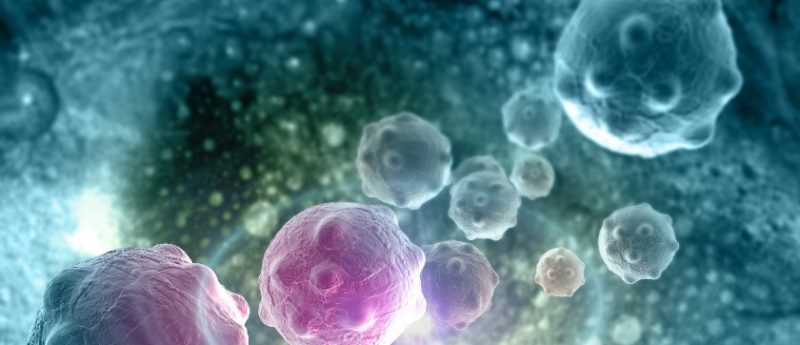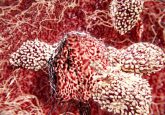Cause of resistance to olaparib and other PARP inhibitors identified

A team of scientists have identified a mutation in the PARP1 protein that prevents PARP inhibitors, such as olaparib and talazoparib, from working. The findings, published recently in Nature Communications, were obtained by a team from The Institute of Cancer Research (London, UK).
The scientists used novel ‘CRIPSR-Cas9’ gene editing technology to generate mutations in small, targeted sections of the PARP1 gene and tagged the mutant protein with a fluorescent protein so their effects could be tracked.
This approach allowed the researchers to observe the effect of specific mutations on PARP1 and on the sensitivity of cancer cells to PARP inhibitors. By doing this they were able to identify specific PARP1 mutations which disrupt the ability of the protein to bind to DNA.
The researchers discovered that, contrary to their original predictions, cancer cells with certain mutations in the BRCA1 gene could survive this loss of PARP1’s DNA repair function – making them resistant to PARP inhibitors.
Discover more about PARP inhibitors:
“PARP inhibitors are hugely exciting new drugs which are especially effective in women with BRCA mutations – but unfortunately as with many other treatments it is common for cancer cells to eventually develop resistance,” study author Stephen Pettitt from the Institute of Cancer Research, explained.
“Our study has discovered one of the reasons why resistance to PARP inhibitors such as olaparib might occur. Testing for the mutations we have identified could offer even more personalized treatment for women with breast and ovarian cancer, by allowing doctors to judge whether and for how long olaparib should be used,” Pettitt added.
The findings could aid the personalization of treatment plans for breast and ovarian cancer patients by helping guide decisions about whether to use PARP inhibitors in the first place, and when to switch to other drugs, such as platinum-based therapies. Although the team have emphasized that further research needs to be carried out to examine more PARP1 mutations in patients as only one example in humans was found in this study.





